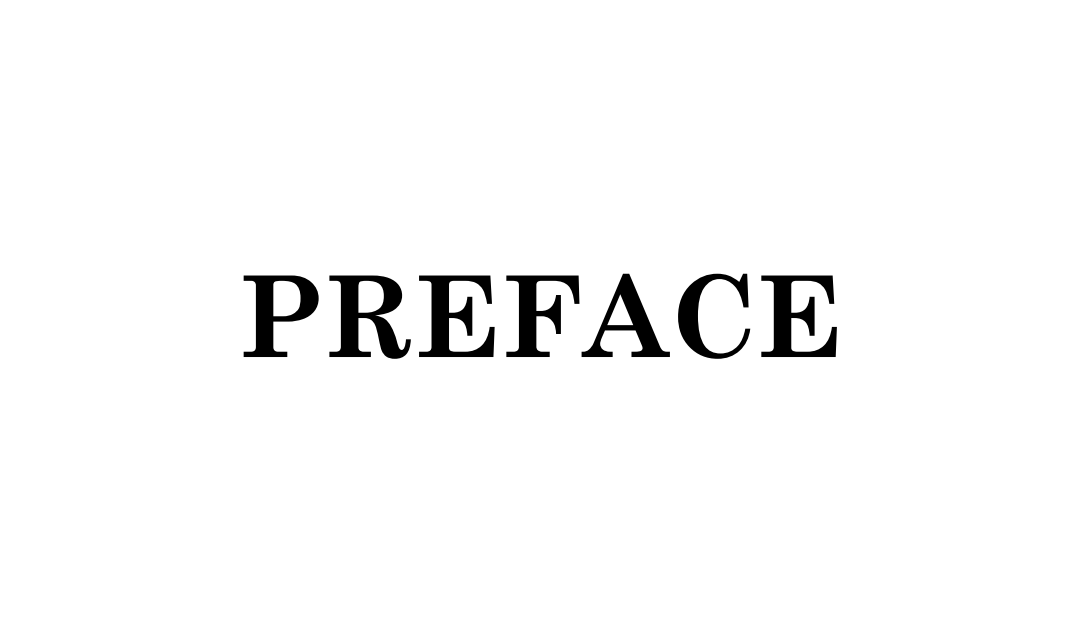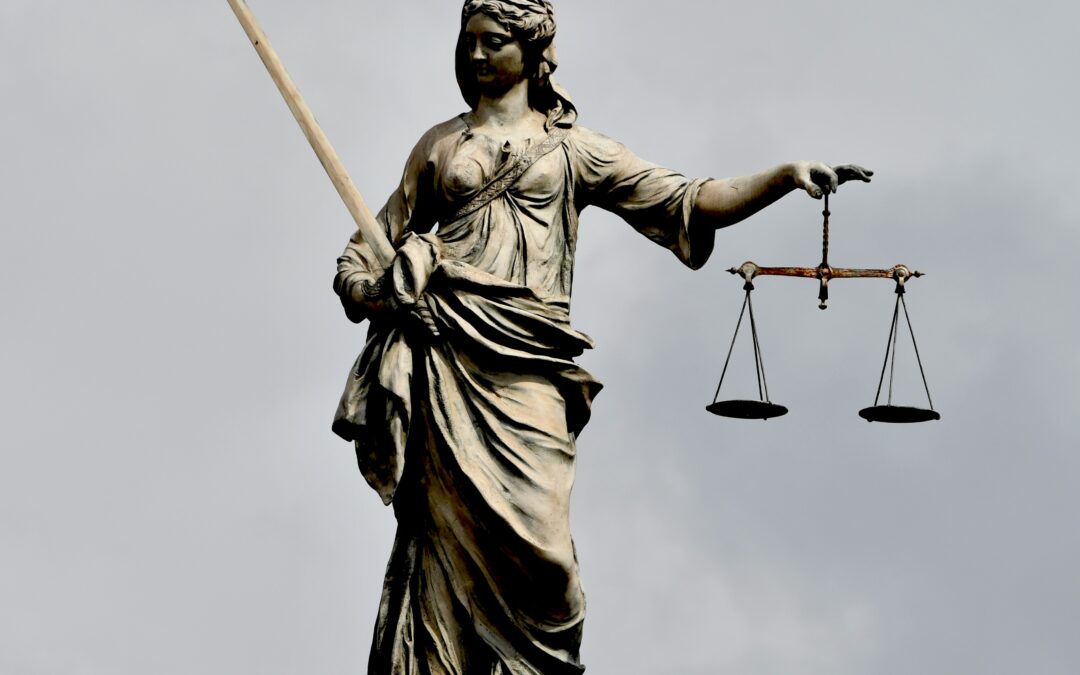The Freedman’s Savings Bank and Financial Literacy Education
Read Full Article (PDF)
Financial literacy programs typically provide instruction on money management, basic economics, investment strategies, and a savings-centric approach. However, states vary as to whether the classes are implemented at the middle school level, the high school level, or both. Economists and educators see financial literacy as a way to combat racial wealth disparities and advocate for better citizenship. To understand the true success of these programs and where they have room for improvement, Virginia proves to be a prime case study. Despite being one of the first states to pass a financial literacy education requirement for middle and high schools, the racial wealth gap in Virginia has only grown, raising questions regarding the program’s purpose and efficacy.
The rise and fall of the Freedman’s Saving Bank illustrates the role that financial literacy education should have in Virginia today by demonstrating the historical attempt to alleviate inequality through financial literacy. The Bank’s history also provides a deeper understanding of the causes behind the wealth gap still affecting marginalized groups. Finally, it underscores the need to address the systemic inequities facing racial minorities, rather than merely promoting safe spending. This Comment uses Virginia, specifically Richmond, Virginia, as a case study due to the region’s long usage of financial literacy education and its deep connection with the Bank, Black banking generally, and segregationist policies.
Alexis Ballance *
*J.D. Candidate, 2026, University of Richmond School of Law; B.A., 2023, William & Mary. I would like to thank Professor Danielle Wingfield for her guidance and feedback throughout the writing process. I would also like to thank my family and friends, specifically my parents, Linda and Ken; my sister, Jessica; and Jonathan. Your unconditional love and support throughout law school (and beyond) is, and always will be, sincerely appreciated.





